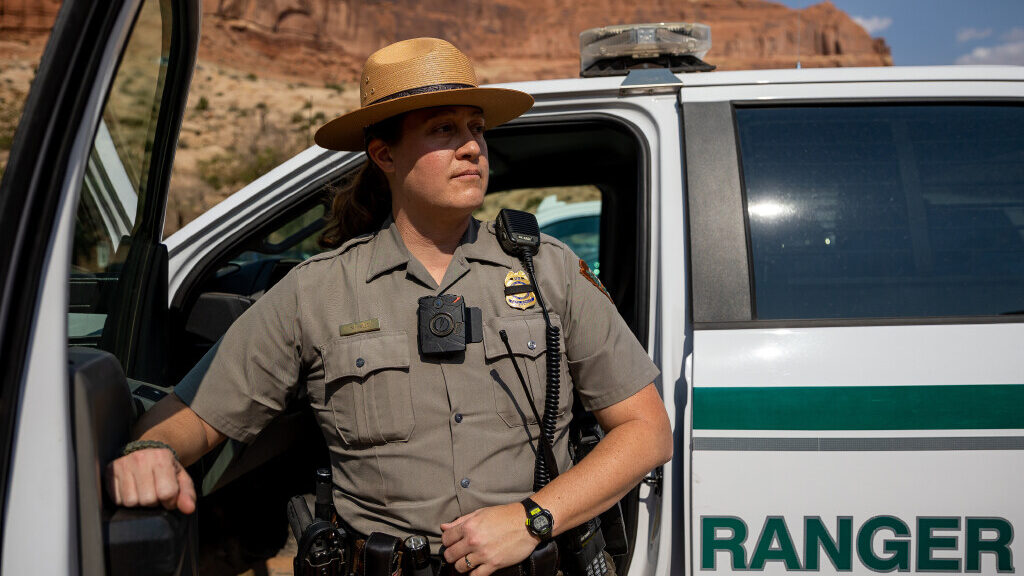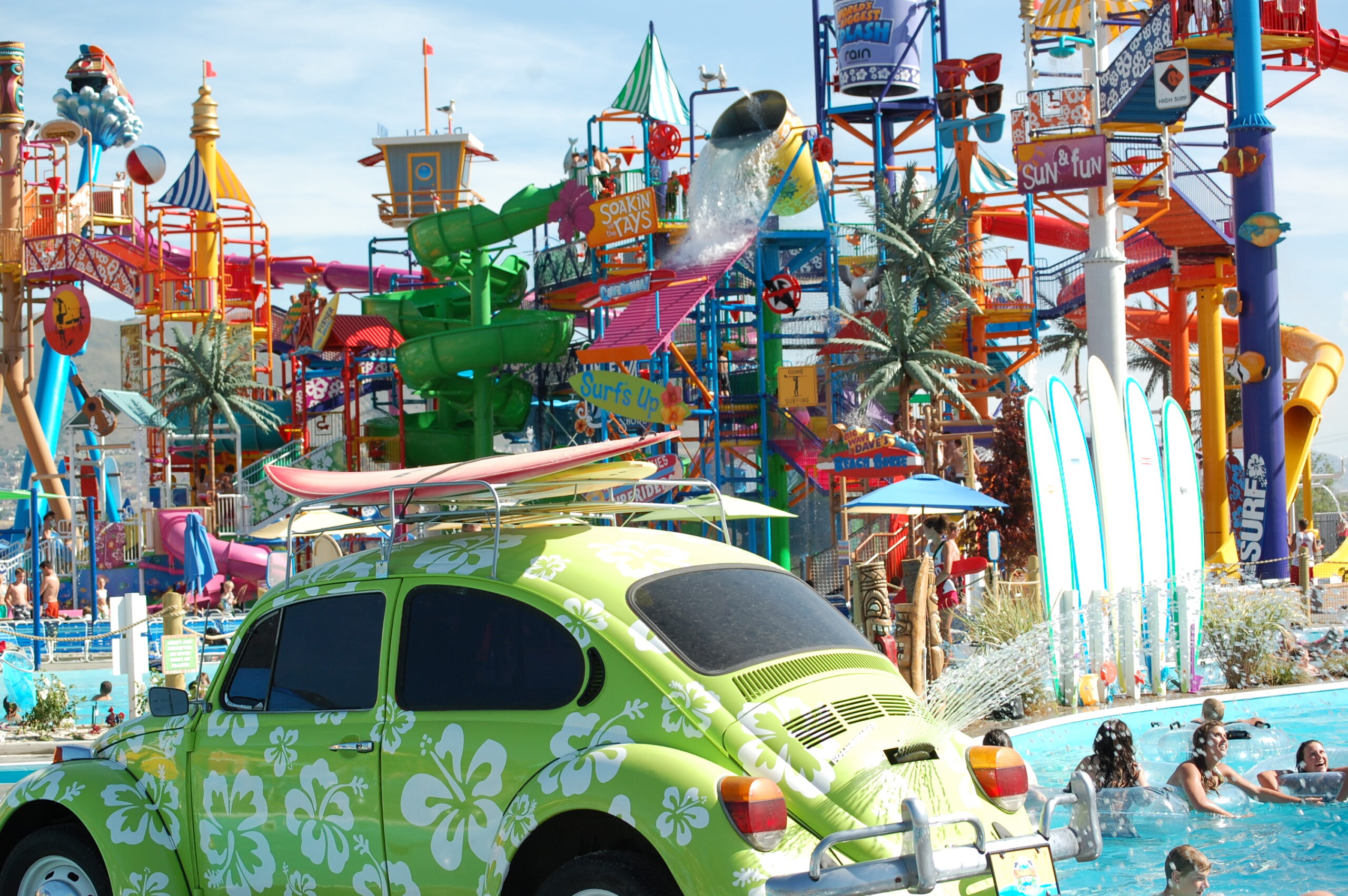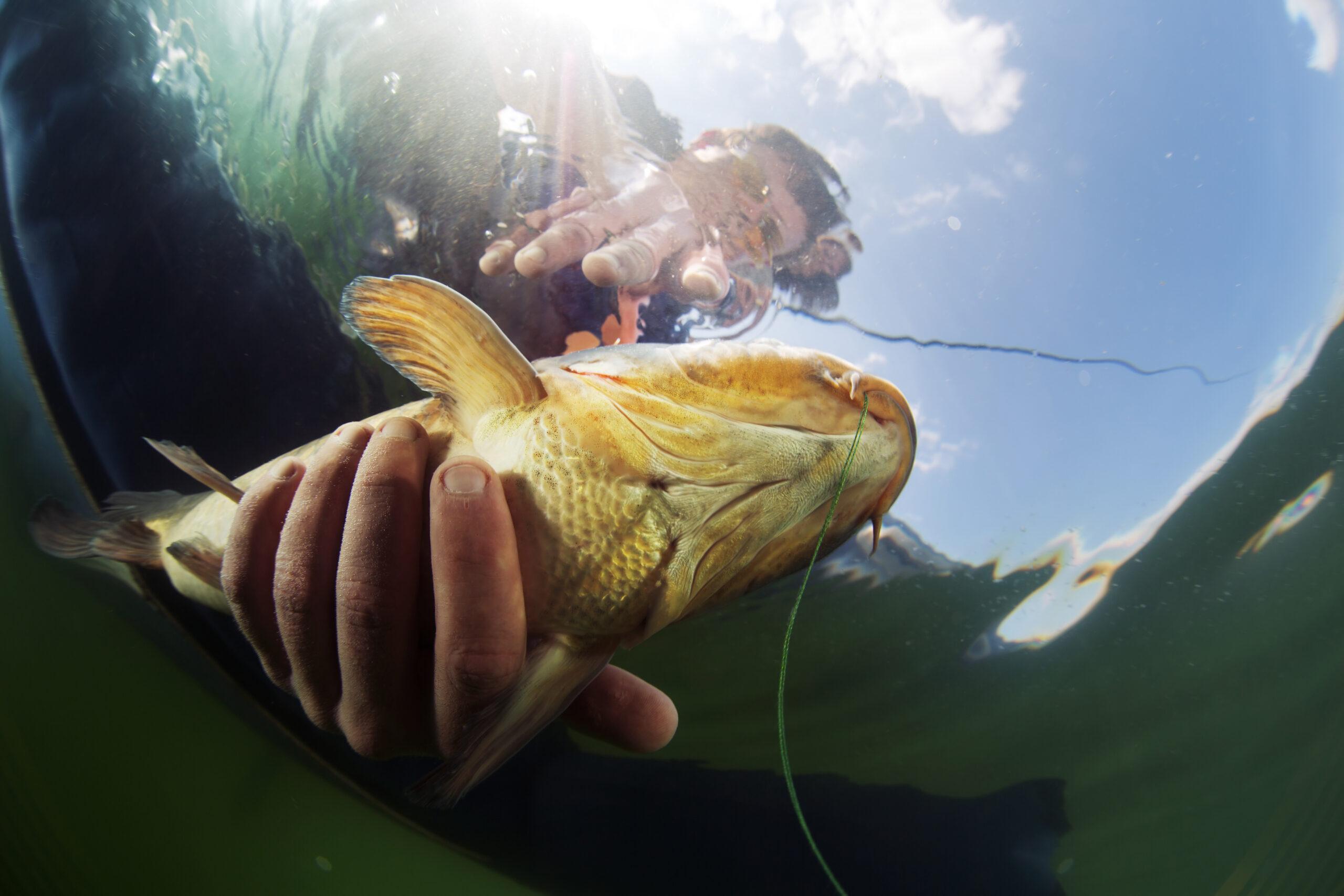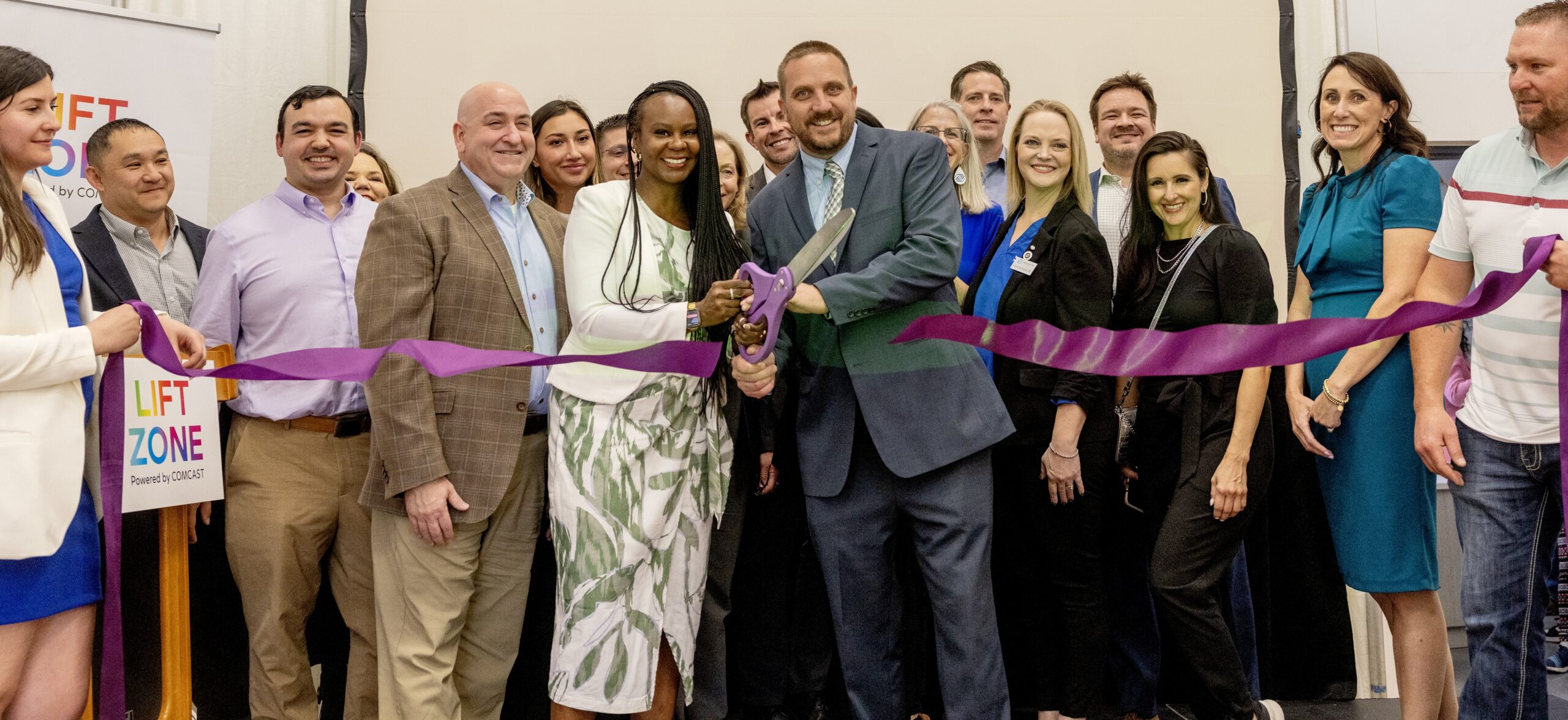Utah is home to a number of adaptive outdoor recreation groups
May 2, 2024, 11:00 AM
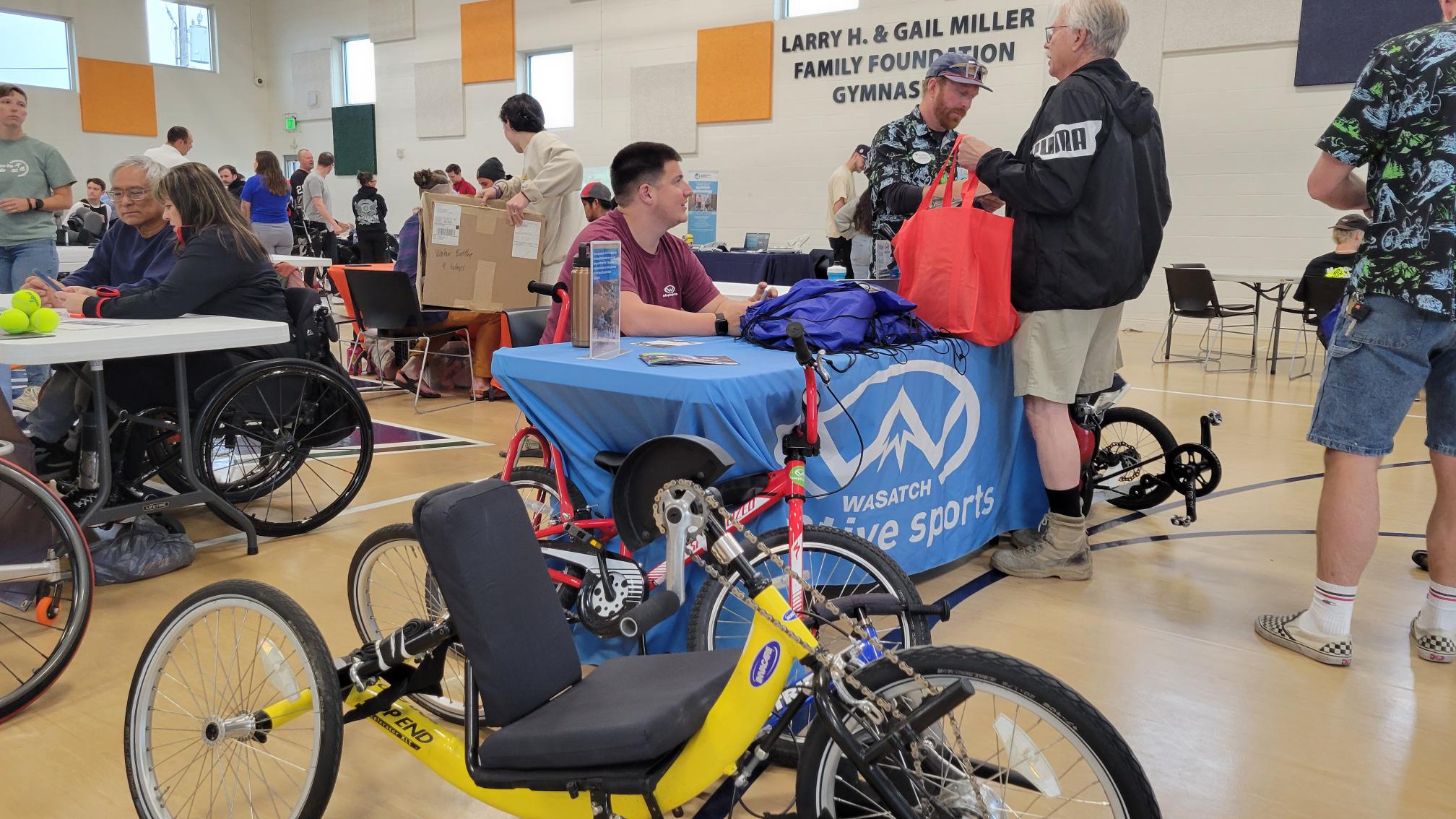
(Michael Camit/KSL NewsRadio)
(Michael Camit/KSL NewsRadio)
SANDY, Utah — Utah is well known for its recreation scene, but outdoor experiences are difficult for people struggling with mobility disabilities. Activities like hiking, rock climbing, or water skiing feel impossible, especially if a wheelchair or prosthetic gets in the way.
Fortunately, Utah is also home to a number of non-profits that challenge this barrier.
Every year, dozens of them gather for the Adaptive Activity Fair at Neuroworx, an outpatient physical therapy facility in Sandy.
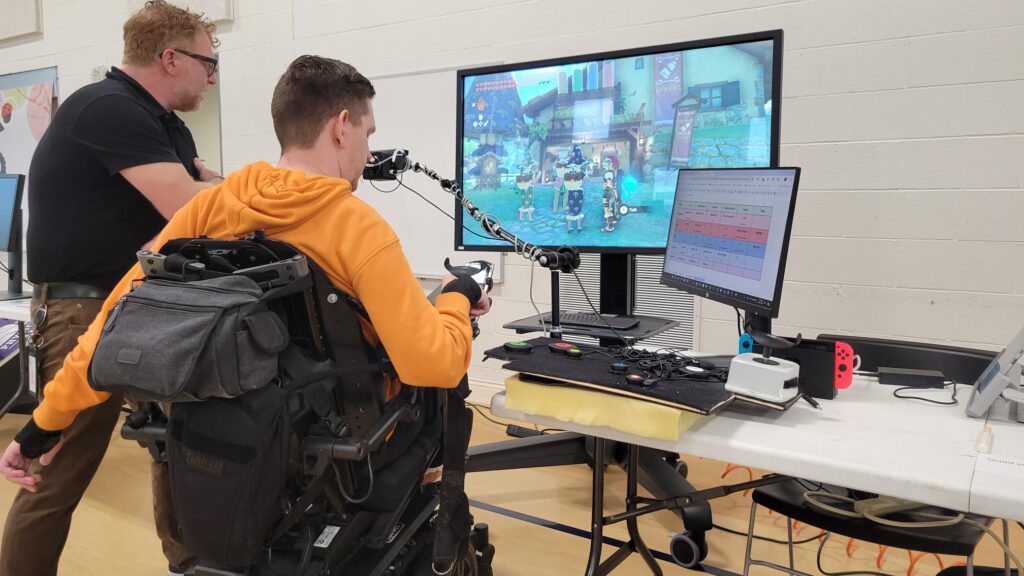
The Adaptive Activity Fair brought outdoor adaptive recreation groups together. (Michael Camit/KSL NewsRadio)
Disability regardless
Emma Buckley, a physical therapist who works at Neuroworx, oversees the annual event.
“We had a lot of positive feedback after the first event,” she recalled. “In both the people we were able to introduce to these programs in our area, and being able to connect these groups to each other.”
Related: An adaptive sports group gets disabled Utahns on the trails
Among these groups are outdoor enthusiasts, physical trainers, and engineers. They’re there to help anybody hit the outdoors, regardless of disability or location.

Not a Wheelchair showcases its products at the Adaptive Activity Fair. (Michael Camit/KSL NewsRadio)
One such group, Not A Wheelchair, helps by creating accessible mountain bikes and affordable wheelchair frames.
Taylor Judy Cutler is a customer service person and a paraplegic.
“I love to help my community,” she says, “All the vendors are all part of my story. Any way I can help my community by introducing them…it would be awesome!”
Spreading out of state
“We serve individuals from all over Utah,” Buckley said. “Some are from Wyoming, some Montana, Nevada, California.”
Buckley said it’s fun helping non-locals realize they can still have a good time.
“Some of these people that may not be able to work with these groups directly, they’re able to have this spark.”
Related: Utah’s NHL team could pave the way for a sled hockey team
Buckley said they go home and either find or create new outdoor connections.
Emily Traveller is 18.
She has a spinal cord injury and can no longer walk, but that hasn’t stopped her from skiing. These groups helped her learn how.
“No matter your injury,” she says, “They figure it out. You can still ski, water ski, bike, all the things people without disabilities do. Just in a different way.”
“Even though you have a disability, that doesn’t mean you can’t do things anymore.”






